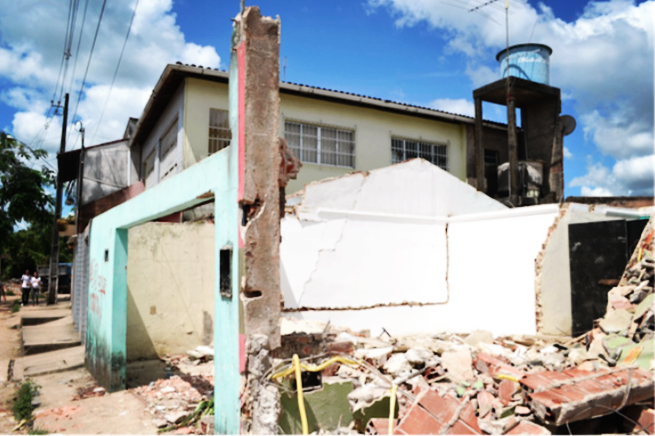Host country governance and the African land rush: 7 reasons why large-scale farmland investments fail to contribute to sustainable development
Contributes to the research gap on host country governance dynamics by synthesizing results and lessons from 38 case studies conducted in Ethiopia, Ghana, Nigeria, and Zambia. It shows how and why large-scale farmland investments are often synonymous with displacement, dispossession, and environmental degradation and, thereby, highlights 7 outcome determinants that merit more explicit treatment in academic and policy discourse.




